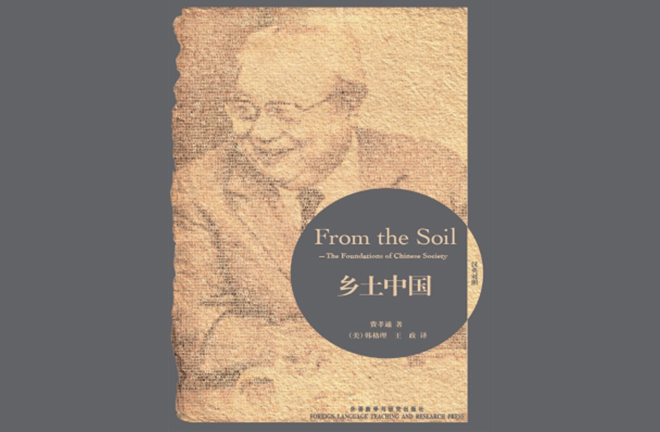Future-oriented ‘homeland China’

FILE PHOTO: Understanding China through the lens of Fei Xiaotong may offer insights into achieving harmony among different civilizations.
Understanding China and gaining a clear, conscious awareness of its long-standing cultural traditions, as well as its future and development, have always been the lifelong pursuits of Chinese scholars deeply committed to social responsibility due to their great sense of identification with the culture they are immersed within. In this regard, the life of Mr. Fei Xiaotong stands as a prime example.
Understanding China
Mr. Fei Xiaotong began his study of China with sociological, anthropological, and ethnological fieldwork methods, eventually gaining a comprehensive consciousness of Chinese culture in his later years, which he incorporated into his vision of future global interactions among different cultures and civilizations. He thus expected that the Chinese cultural wisdom of “harmony in diversity” would make new contributions to international relations.
One of Fei Xiaotong’s most unforgettable contributions to the understanding of China is his 1948 book From the Soil: The Foundations of Chinese Society. This book not only summarizes his understanding of Chinese society and culture based on his anthropological field research, but also marks the beginning of his studies on rural-urban integration, small-town development, his vision of “a pattern of diversity in unity” of the Chinese nation, and his later reflections on peaceful coexistence and harmony among different civilizations in the future world.
The foundation of Chinese civilization lies in its social structure, emphasizing the nature and mechanisms of relationships between people. Interconnected and interdependent private relationships inherently provide a framework for primary-level rural governance that ensures autonomy and order. This is what Fei Xiaotong sought to communicate about the fundamental essence of the order of rural Chinese society in his book From the Soil: The Foundations of Chinese Society, which can endure over time.
Future of 'homeland China'
“Changes in homeland China” refers to the comprehensive impact and influence of the modern Western world on rural China, which is an undeniable reality. Today, it is suggested to confront and understand this phenomenon and the direction and future of these changes. It is clear that if kinships were once the basis of rural society relationships, various forms of new contractual relationships that are not dependent on emotional ties are relentlessly replacing traditional bonds.
Many relationships that once depended on rural life are also increasingly affected by these new contractual relationships, such as the gradual establishment of wage-based labor relations in rural society. This so-called new rural China relationship pattern is particularly prominent in today’s rural areas, making the social and cultural transformation towards a future “homeland China” inevitable.
This transformation has been accelerating with China’s 40-plus years of reform and opening up and its integration into the global economy. Many rural enterprises that once relied on their local areas have been expanding their scale and ultimately entering the global market. In some relatively affluent rural areas, a form of localized globalization has become commonplace. Furthermore, the global proliferation of mobile internet technology has given rural China’s transformation a real-time, virtual global presence. Short video live streaming, e-commerce platforms embedded in rural households, and convenient and accessible global logistics systems are increasingly connecting remote rural areas with the rest of the world. Fluctuations in global political and economic conditions now directly impact the daily lives of rural residents, and the pace of urban-rural coordinated development has quickened as rural residents travel more frequently between urban and rural areas. In this sense, urban and rural areas are no longer separate entities, but have more complementary relationships and dependencies.
For many people, this transformation inevitably raises questions about the future direction of China’s rural areas. It concerns the survival and development of hundreds of millions of people in the future, and the overall future trajectory of China’s national efforts.
Zhao Xudong is director of the Institute of Anthropology at Renmin University of China.
Edited by ZHAO YUAN
